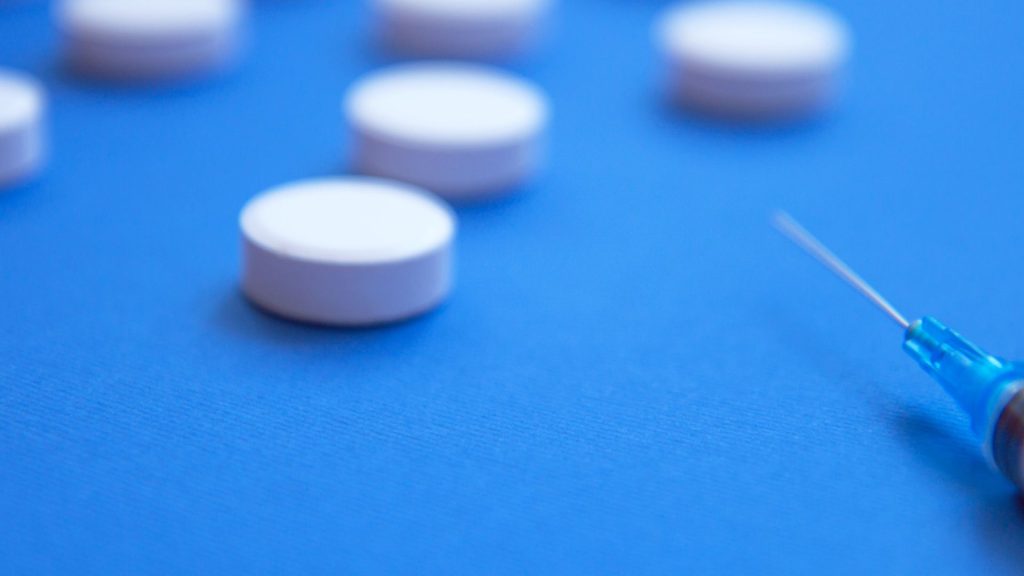Find out more
For more information about our work around addictions, please get in touch
Contact us
Drug overdose is now the largest cause of accidental death in most developed countries and in the USA and UK alone, more than 80,000 lives were lost last year. Death rates are increasing and all existing efforts have failed to reverse this trend.
Working with multiple partners including Kings College London (KCL), the University of Dundee and Fife Innovations (Scotland), with funding from the Office for Life Sciences and the Scottish Government, the Health Innovation Network South London is supporting two projects in the “Reducing Drug Deaths Open Innovation National Catalyst Challenge”.
The aim of these projects is to support the development of disruptive innovative solutions that focus on detecting, responding and intervening to early acute risk of non-fatal and fatal opioid overdose.
PneumoWave ALERT is a remote monitoring platform designed to make opioid usage safer. A discrete, chest-worn biosensor paired to a mobile device allows detection of the onset of life threatening respiratory depression.
The aim of this project is to conduct end-to-end monitoring, detection and alerting in patients at high-risk of overdose. The project team of PneumoWave, academic collaborators at the University of Dundee and King’s College London, alongside Third Sector partners HumanKind, Thames Reach, and Hillcrest Futures, and the HIN, will recruit 200 residents of homeless accommodation to participate in the study with the key aims of reducing deaths and gaining usability feedback from patients and care teams. The technology further aims to identify digital biomarkers and collate behavioural data, for the prediction of overdose risk, enabling future development of preventative solutions to reduce the incidence of overdose and other associated harms of opioid use.
Naloxone has been known for some time to be a safe and effective way of managing and reversing opioid overdoses if administered quickly. This has traditionally been delivered in the form of an injection, which can be administered by non-medical professionals, meaning that the majority of opioid overdose deaths are potentially avoidable. However, rates of naloxone carriage are still low amongst people with addictions, as is the confidence of people to administer the drug, meaning that far too many people still die.
Through laboratory testing, the project team have shown that naloxone has the potential to be delivered by a tablet, capable of production in a wallet-friendly format, making it much easier for people to carry. In the current study, the team will investigate whether an effective dose can delivered quickly to determine if it is feasible to be used to reduce the harm from opioid overdose.
Further information on these projects can be found at.